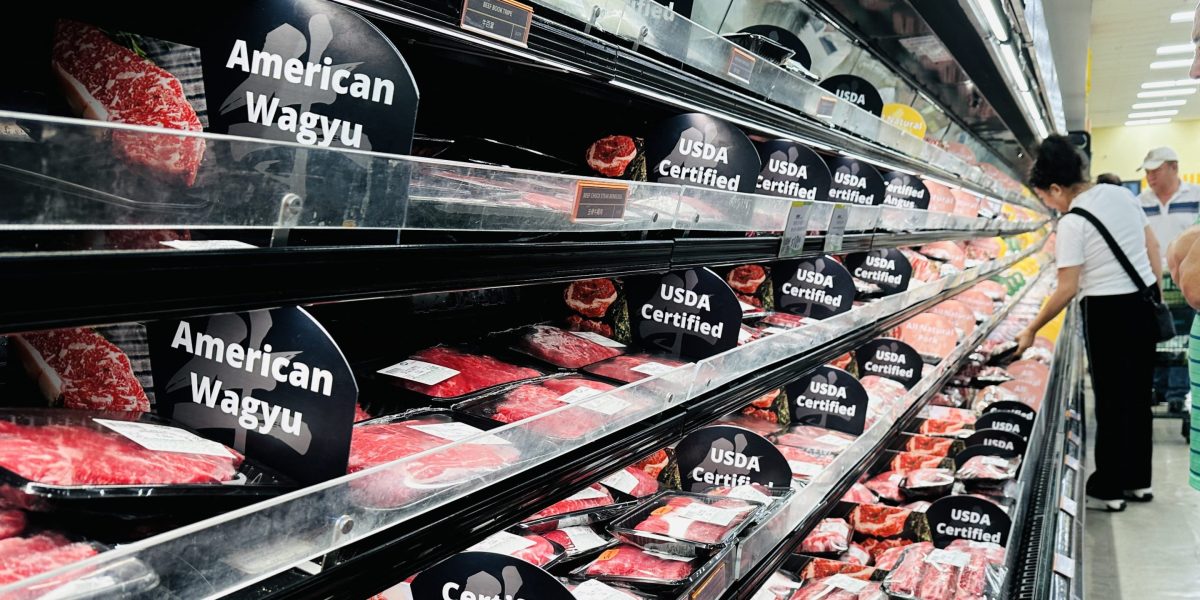
"But higher tariffs, highly restrictive immigration policy, and de-globalization more broadly have upended that outlook, and inflation appears likely to remain stubbornly high for the foreseeable future," Zandi added. "The high inflation, combined with a job market struggling to create jobs, rising unemployment, and slowing wage growth, means that the tough financial times low- and middle-income Americans are grappling with will continue on."
"In a social media post on Sunday, he noted that prices have surged since the pandemic and are continuing to climb at an "uncomfortably quick pace," with the country now suffering an affordability crisis. "Consumer price inflation is near 3%, well above the Fed's inflation target, and everything points to even higher inflation dead-ahead," Zandi said. "It didn't have to be this way." To be sure, inflation has cooled sharply since hitting 9% in 2022, and Trump's tariffs haven't stoked inflation as much as anticipated."
"The most recent data from the Bureau of Labor Statistics show that the overall consumer price index was up 3% in September from a year ago, accelerating from an annual rate of 2.3% in April. Bureau of Labor Statistics Before April, inflation was following a downward trajectory that was on track to slowing back to the Federal Reserve's 2% target."
Prices have surged since the pandemic and continue to climb at an "uncomfortably quick pace," producing an affordability crisis. Consumer price inflation is near 3%, above the Federal Reserve's 2% target, and annual inflation accelerated from 2.3% in April to 3% in September. Inflation cooled from a 9% peak in 2022 but has risen since global tariffs were imposed in April. Higher tariffs, restrictive immigration policy, and de-globalization are likely to keep inflation stubbornly high, with projections near 3.5% next year versus about 2.25% under an alternate, tariff-free scenario. High inflation, combined with slowing job creation, rising unemployment, and weaker wage growth, will extend economic pressure on low- and middle-income households.
Read at Fortune
Unable to calculate read time
Collection
[
|
...
]